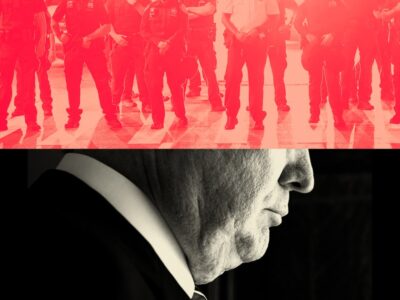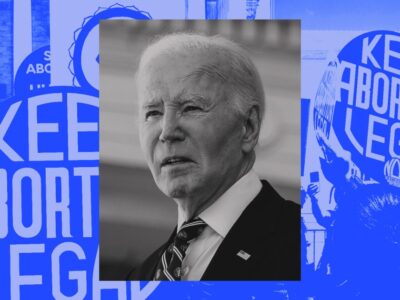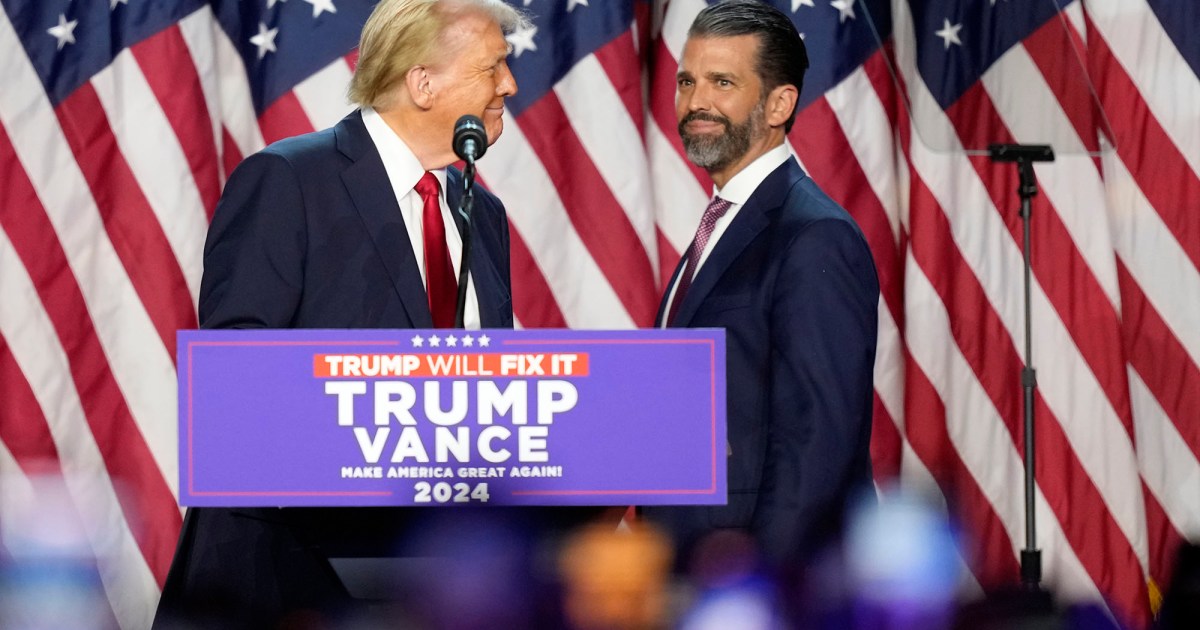
On Friday, the US Supreme Court delivered a ruling that allows the Biden administration to reinstate a policy that sets priorities for Immigration and Customs Enforcement (ICE) regarding arrests and deportations. In an 8-1 decision on the United States v. Texas case, the justices concluded that the states challenging the government’s policy didn’t have standing to sue. The decision comes not only as a significant victory for the Biden administration but also sanctions the broader authority of the executive branch to set immigration policy.
The case concerned a 2021 enforcement priorities memorandum by the Department of Homeland Security Secretary Alejandro Mayorkas instructing ICE to focus its limited resources “in a more targeted way” against immigrants who represent a threat to national security or public safety and more recent border arrivals. “We do not lessen our commitment to enforce immigration law to the best of our ability,” the guidelines state. “This is how we use the resources we have in a way that accomplishes our enforcement mission most effectively and justly.”
Texas and Louisiana then sued the Biden administration claiming the enforcement priorities memo violated federal statutes requiring DHS to arrest more immigrants pending their deportation and that not doing so would incur costs for the states. In June 2022, Trump-appointed US District Judge Drew Tipton blocked the federal policy as unlawful. The Supreme Court agreed to hear the case while leaving the lower court ruling halting the policy nationwide in place.
“The States essentially want the Federal Judiciary to order the Executive Branch to alter its arrest policy so as to make more arrests,” Justice Brett Kavanaugh wrote for the majority, calling the case brought by Texas and Louisiana “an extraordinarily unusual lawsuit.” If the court was to green-light the lawsuit, Kavanaugh writes, it could lead to an “uncharted path” whereby states interfere with federal law enforcement in other areas, not just immigration.
The opinion states that because the federal government doesn’t have the ability to enforce the law against all undocumented immigrants—more than 11 million—in the country, five presidential administrations going back 27 years “have determined that resource constraints necessitated prioritization in making immigration arrests.” In his lone dissent, Justice Samuel Alito wrote that the ruling left states “already laboring under the effects of massive illegal immigration even more helpless.”
“We applaud the Supreme Court’s ruling,” DHS Secretary Mayorkas said in a statement. “DHS looks forward to reinstituting these Guidelines, which had been effectively applied by US Immigration and Customs Enforcement (ICE) officers to focus limited resources and enforcement actions on those who pose a threat to our national security, public safety, and border security. The Guidelines enable DHS to most effectively accomplish its law enforcement mission with the authorities and resources provided by Congress.”
The National Immigrant Justice Center welcomed the ruling for reaffirming the executive branch’s authority over federal immigration policy but criticized the enforcement priorities guidelines. “US immigration policies have long put too much power in the hands of an abusive agency and violated US obligations to protect asylum seekers,” the organization’s statement says. “Today’s Supreme Court decision puts authority back into the hands of Secretary Mayorkas. We hope that he will now revisit these guidelines and implement agency policies that uphold justice and dignity for people who come to the United States to reunite with loved ones and seek safety.”
The American Immigration Council highlighted the importance of the “constitutional principle of separation of powers” and of “sending a powerful message that courts should not be in the business of directing law enforcement’s decision-making and should give pause to states contemplating using the courts to drive a political strategy.”















